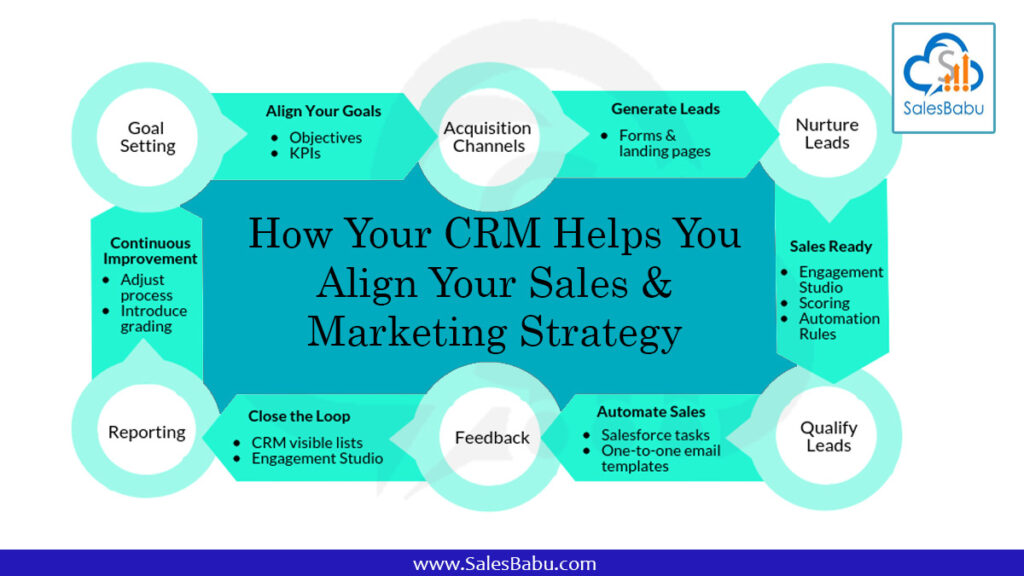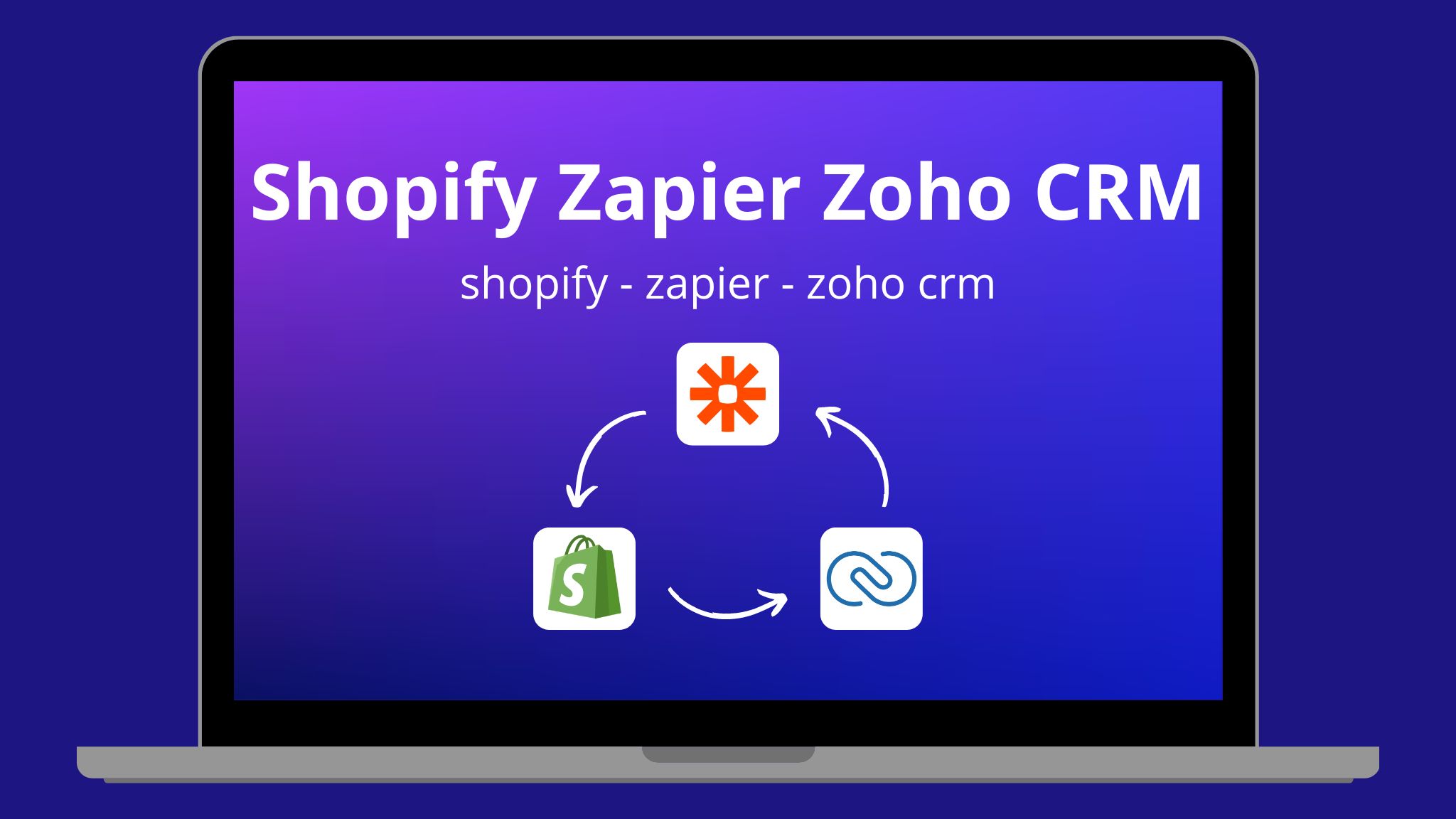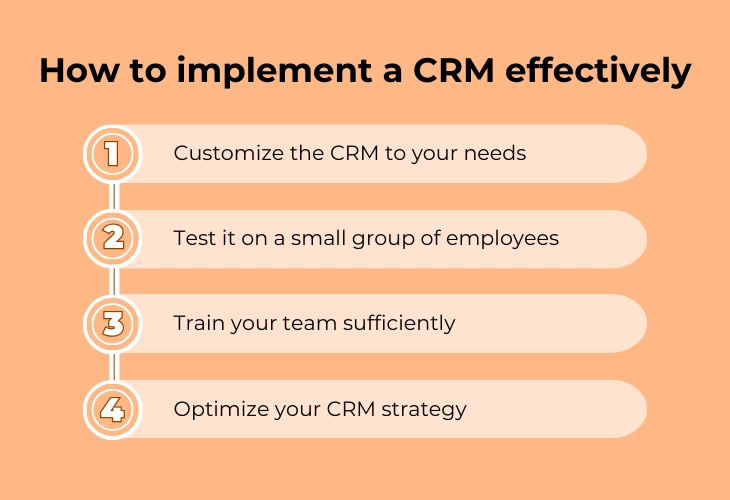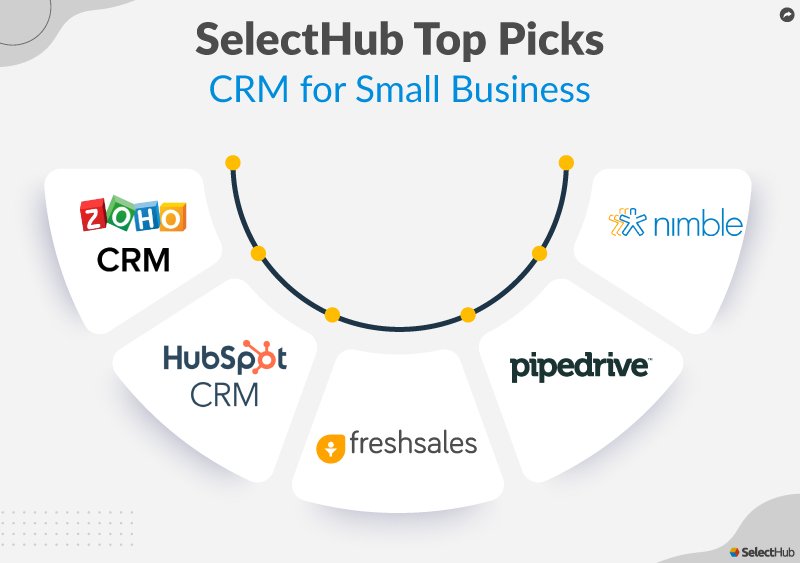
CRM Marketing for Beginners: Your Ultimate Guide to Customer Relationship Management
So, you’ve heard the buzz about CRM marketing, and you’re intrigued. Maybe you’re a small business owner looking to streamline your operations, or perhaps you’re a marketing professional wanting to understand this crucial technology better. Whatever your reason, welcome! You’ve come to the right place. This comprehensive guide is designed specifically for beginners, breaking down the complexities of CRM marketing into easy-to-understand concepts and actionable strategies. We’ll cover everything from the basics to advanced tactics, equipping you with the knowledge you need to leverage CRM for maximum impact. Get ready to transform your customer relationships and boost your bottom line!
What is CRM Marketing? Demystifying the Basics
Let’s start with the fundamentals. CRM stands for Customer Relationship Management. At its core, CRM is a strategy and a set of technologies that businesses use to manage and analyze customer interactions and data throughout the customer lifecycle. Think of it as a central hub for all your customer-related information.
CRM marketing, in turn, is the strategic use of CRM systems to acquire, retain, and grow customer relationships. It’s about using the data you collect to understand your customers better, personalize your interactions, and ultimately, drive sales and loyalty. It’s not just about tracking contacts; it’s about building meaningful connections.
Here’s a breakdown of what CRM marketing encompasses:
- Data Collection: Gathering information about your customers, including their demographics, purchase history, communication preferences, and interactions with your brand.
- Data Analysis: Analyzing this data to identify patterns, trends, and insights into customer behavior.
- Segmentation: Grouping customers into segments based on shared characteristics, allowing for targeted marketing efforts.
- Personalization: Tailoring your marketing messages and offers to individual customer preferences and needs.
- Automation: Automating marketing tasks, such as email campaigns and lead nurturing, to save time and improve efficiency.
- Reporting and Analytics: Tracking key performance indicators (KPIs) to measure the effectiveness of your CRM marketing efforts.
In essence, CRM marketing is about putting the customer at the center of your business strategy. It’s about building relationships that last, turning one-time buyers into loyal advocates.
Why is CRM Marketing Important? The Benefits Explained
You might be wondering, why bother with CRM marketing? The answer is simple: it offers a multitude of benefits that can significantly impact your business’s success. Let’s delve into some of the key advantages:
- Improved Customer Relationships: CRM allows you to personalize interactions, understand customer needs, and provide exceptional customer service, leading to stronger relationships and increased loyalty.
- Increased Sales and Revenue: By targeting the right customers with the right messages, you can increase sales conversion rates and generate more revenue.
- Enhanced Customer Retention: CRM helps you identify at-risk customers and proactively address their concerns, reducing churn and keeping customers coming back for more.
- Greater Efficiency: Automating marketing tasks and streamlining processes saves time and resources, allowing your team to focus on more strategic initiatives.
- Better Data-Driven Decisions: CRM provides valuable insights into customer behavior, enabling you to make informed decisions about your marketing strategies and product development.
- Improved Communication: CRM centralizes customer data, ensuring that all team members have access to the same information, leading to more consistent and effective communication.
- Increased Customer Satisfaction: By understanding customer needs and providing personalized experiences, you can significantly improve customer satisfaction levels.
In short, CRM marketing is a powerful tool for driving growth, building loyalty, and achieving long-term business success. It’s an investment that pays dividends in the form of happier customers and a healthier bottom line.
Key Components of a CRM System
Now that you understand the importance of CRM marketing, let’s explore the key components of a CRM system. These components work together to provide a comprehensive platform for managing customer relationships.
- Contact Management: This is the foundation of any CRM system. It allows you to store and manage contact information, including names, addresses, phone numbers, email addresses, and other relevant details.
- Lead Management: This component helps you track and nurture leads, from initial contact to conversion. It allows you to identify potential customers, qualify them, and guide them through the sales process.
- Sales Force Automation (SFA): SFA automates sales tasks, such as lead tracking, opportunity management, and quote generation. It helps sales teams close deals faster and more efficiently.
- Marketing Automation: This component automates marketing tasks, such as email campaigns, social media posts, and lead nurturing. It helps you reach the right customers with the right messages at the right time.
- Customer Service and Support: This component provides a platform for managing customer inquiries, resolving issues, and providing support. It helps you deliver excellent customer service and build strong relationships.
- Reporting and Analytics: This component provides insights into your CRM data, allowing you to track key performance indicators (KPIs), analyze trends, and make data-driven decisions.
These components work together to create a unified view of your customer data, allowing you to manage your customer relationships effectively and efficiently. The specific features and functionalities of a CRM system can vary depending on the vendor and the needs of your business.
Choosing the Right CRM Software for Your Business
Selecting the right CRM software is a crucial step in implementing a successful CRM marketing strategy. With so many options available, it can be overwhelming to choose the one that’s right for your business. Here’s a guide to help you navigate the selection process:
- Assess Your Needs: Before you start looking at CRM software, take the time to assess your business needs. What are your goals for CRM? What are your key challenges? What features are essential for your business?
- Determine Your Budget: CRM software can range in price from free to tens of thousands of dollars per year. Determine your budget and stick to it. Consider both the initial cost and the ongoing costs, such as implementation, training, and support.
- Research Different Vendors: Once you have a clear understanding of your needs and budget, start researching different CRM vendors. Look for vendors that offer the features you need, have a good reputation, and provide excellent customer support.
- Consider Deployment Options: CRM software can be deployed in two main ways: on-premise and cloud-based. On-premise CRM is installed on your own servers, while cloud-based CRM is hosted by the vendor. Cloud-based CRM is generally more affordable and easier to implement.
- Evaluate User-Friendliness: The CRM software should be easy to use and navigate. Make sure it has a user-friendly interface and that your team can quickly learn how to use it.
- Check for Integration Capabilities: The CRM software should integrate with your existing systems, such as your email marketing platform, accounting software, and website. This will ensure that your data is synchronized and that your team can work efficiently.
- Read Reviews and Get References: Before making a decision, read reviews from other users and get references from the vendor. This will give you a better understanding of the software’s strengths and weaknesses.
- Start with a Free Trial: Many CRM vendors offer free trials. Take advantage of these trials to test the software and see if it’s a good fit for your business.
Some of the most popular CRM software options for beginners include:
- HubSpot CRM: A free, all-in-one CRM that’s perfect for small businesses and startups. It offers a wide range of features, including contact management, lead tracking, and sales automation.
- Zoho CRM: A popular and affordable CRM that’s suitable for businesses of all sizes. It offers a variety of features, including sales automation, marketing automation, and customer service.
- Salesforce Essentials: A streamlined version of Salesforce, designed for small businesses. It offers a range of features, including contact management, lead tracking, and sales automation.
- Pipedrive: A sales-focused CRM that’s designed to help sales teams close deals faster. It offers a user-friendly interface and a variety of features, including lead tracking, deal management, and reporting.
Remember to choose the CRM software that best fits your specific needs and budget. Take your time, do your research, and don’t be afraid to ask for help.
Implementing a CRM Marketing Strategy: A Step-by-Step Guide
Once you’ve chosen your CRM software, it’s time to implement your CRM marketing strategy. Here’s a step-by-step guide to help you get started:
- Define Your Goals: What do you want to achieve with CRM marketing? Set specific, measurable, achievable, relevant, and time-bound (SMART) goals. For example, you might want to increase sales by 15% in the next quarter or improve customer retention by 10%.
- Clean and Organize Your Data: Before you start using your CRM, you need to clean and organize your data. This includes removing duplicates, correcting errors, and standardizing your data format.
- Segment Your Customers: Group your customers into segments based on shared characteristics, such as demographics, purchase history, and behavior. This will allow you to target your marketing efforts more effectively.
- Create Targeted Campaigns: Develop targeted marketing campaigns for each customer segment. This could include email campaigns, social media campaigns, and personalized offers.
- Automate Your Marketing Tasks: Automate repetitive marketing tasks, such as email campaigns, lead nurturing, and social media posts. This will save you time and improve efficiency.
- Track Your Results: Track your key performance indicators (KPIs) to measure the effectiveness of your CRM marketing efforts. This could include sales conversion rates, customer retention rates, and customer satisfaction levels.
- Analyze Your Data and Make Adjustments: Analyze your data to identify what’s working and what’s not. Make adjustments to your campaigns and strategies as needed.
- Train Your Team: Train your team on how to use the CRM software and how to implement your CRM marketing strategy.
- Get Feedback and Iterate: Continuously seek feedback from your team and your customers. Use this feedback to iterate on your CRM marketing strategy and improve your results.
Implementing a CRM marketing strategy takes time and effort, but the rewards are well worth it. By following these steps, you can build strong customer relationships, increase sales, and achieve long-term business success.
CRM Marketing Tactics: Strategies for Success
Now, let’s dive into some specific CRM marketing tactics that you can use to achieve your goals:
- Personalized Email Marketing: Use your CRM data to personalize your email messages. Segment your audience and send targeted emails based on their interests, behavior, and purchase history.
- Lead Nurturing: Nurture leads through the sales funnel by sending them targeted content and offers. Use automated email sequences to guide leads through the buying process.
- Customer Segmentation: Segment your customers based on their demographics, purchase history, and behavior. This will allow you to create more targeted marketing campaigns.
- Customer Service Automation: Automate customer service tasks, such as answering frequently asked questions and resolving common issues. This will free up your customer service team to focus on more complex issues.
- Loyalty Programs: Create loyalty programs to reward your best customers and encourage repeat business.
- Social Media Integration: Integrate your CRM with your social media platforms to track customer interactions and engage with your audience.
- Cross-Selling and Up-Selling: Use your CRM data to identify opportunities for cross-selling and up-selling. Recommend relevant products or services to your customers based on their purchase history.
- Feedback Collection: Collect feedback from your customers to understand their needs and preferences. Use this feedback to improve your products, services, and marketing campaigns.
By implementing these tactics, you can maximize the effectiveness of your CRM marketing efforts and achieve your business goals.
Overcoming Common CRM Marketing Challenges
While CRM marketing offers numerous benefits, it’s important to be aware of the common challenges that businesses face. Here are some of them and how to overcome them:
- Data Quality Issues: Poor data quality can undermine your CRM efforts. To overcome this, implement data cleansing processes, standardize your data format, and regularly update your data.
- Lack of User Adoption: If your team doesn’t use the CRM software, it won’t be effective. To encourage user adoption, provide adequate training, make the software easy to use, and demonstrate its value to your team.
- Integration Problems: Integrating your CRM with other systems can be challenging. Choose a CRM that integrates well with your existing systems and work with a qualified IT professional if needed.
- Lack of Strategy: Without a clear CRM marketing strategy, your efforts will be unfocused and ineffective. Define your goals, segment your customers, and create targeted campaigns.
- Poor Customer Data Management: If you don’t manage your customer data effectively, you won’t be able to personalize your interactions. Implement data governance policies and regularly review your data.
- Data Security Concerns: Protecting customer data is crucial. Choose a CRM that offers robust security features and comply with all relevant data privacy regulations.
By addressing these challenges proactively, you can set your CRM marketing strategy up for success and avoid common pitfalls.
Measuring the Success of Your CRM Marketing Efforts
To determine whether your CRM marketing efforts are paying off, you need to track and analyze key performance indicators (KPIs). Here are some important metrics to consider:
- Sales Conversion Rate: Measures the percentage of leads that convert into customers.
- Customer Retention Rate: Measures the percentage of customers who remain customers over a specific period.
- Customer Lifetime Value (CLTV): Measures the total revenue a customer generates over their relationship with your business.
- Customer Acquisition Cost (CAC): Measures the cost of acquiring a new customer.
- Customer Satisfaction (CSAT) Score: Measures customer satisfaction levels.
- Net Promoter Score (NPS): Measures customer loyalty and willingness to recommend your business.
- Website Traffic and Engagement: Track website traffic, bounce rate, and time on site to assess the effectiveness of your marketing campaigns.
- Email Open and Click-Through Rates: Measure the performance of your email marketing campaigns.
By regularly tracking these metrics, you can gain valuable insights into the effectiveness of your CRM marketing efforts. Use this data to refine your strategies, optimize your campaigns, and drive better results.
The Future of CRM Marketing
CRM marketing is constantly evolving, and new technologies and trends are emerging all the time. Here are some of the key trends to watch:
- Artificial Intelligence (AI): AI is being used to automate tasks, personalize customer experiences, and provide predictive insights.
- Machine Learning (ML): ML is being used to analyze customer data, identify patterns, and predict customer behavior.
- Personalization at Scale: Businesses are using CRM data to personalize interactions with customers at scale, providing highly relevant and engaging experiences.
- Mobile CRM: Mobile CRM allows sales and marketing teams to access customer data and manage their activities on the go.
- Social CRM: Social CRM integrates social media data with CRM data, allowing businesses to engage with customers on social media platforms.
- Focus on Customer Experience: Businesses are increasingly focusing on providing exceptional customer experiences.
By staying informed about these trends, you can ensure that your CRM marketing strategy remains relevant and effective.
Conclusion: Embracing the Power of CRM Marketing
Congratulations! You’ve now completed your journey through the fundamentals of CRM marketing. You’ve learned about the benefits, key components, implementation strategies, and best practices. You’re now equipped with the knowledge to leverage CRM to build stronger customer relationships, drive sales, and achieve your business goals.
Remember, CRM marketing is not a one-time project; it’s an ongoing process. Continuously analyze your data, refine your strategies, and adapt to the changing needs of your customers. Embrace the power of CRM, and you’ll be well on your way to building a thriving and sustainable business.
Now go forth and transform your customer relationships!



